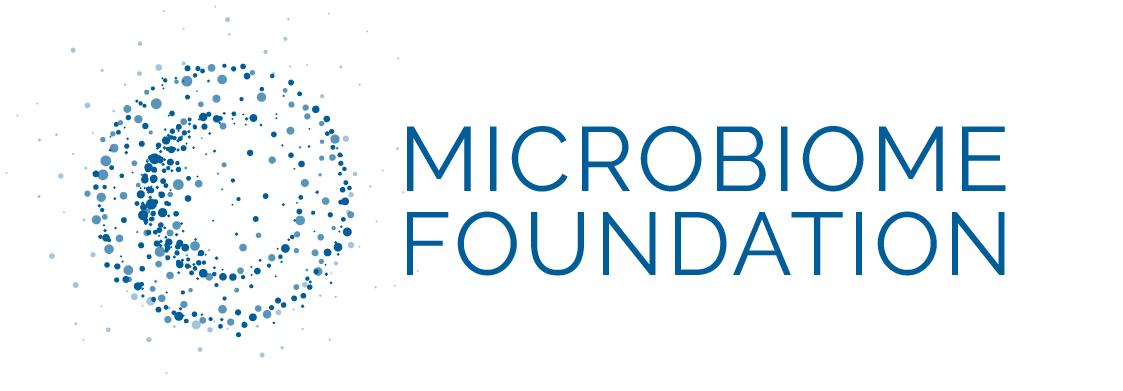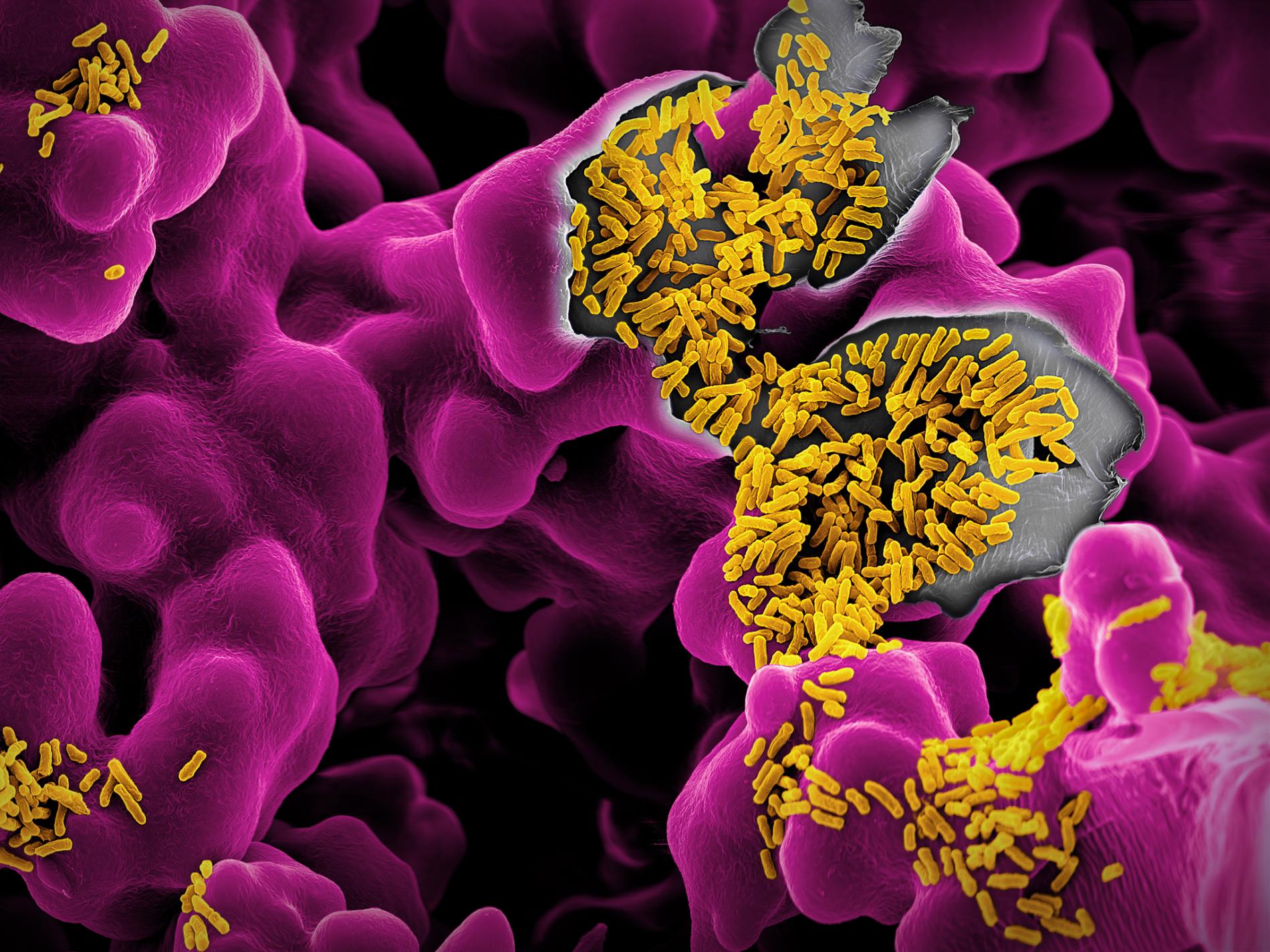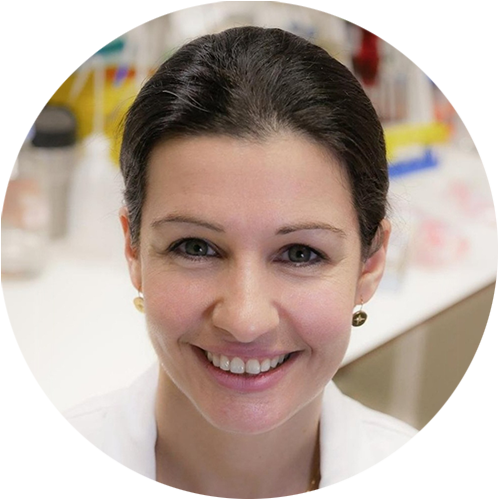The interactions between human beings and their microbes are complex and of great interest to cancer research, which is examining the links between the development of cancer and the composition of the microbiome. Some bacteria or viruses have been identified directly as causal agents in the process of the transformation of regular cells into cancer cells known as carcinogenesis. Helicobacter pylori is an example of a bacterium in the gut microbiota that has been identified as an agent capable of modifying the growth and proliferation of mucosal cells.1
Other research shows that the causal agent of the process of carcinogenesis is more global and involves changes in the composition of the microbiome as a whole: dysbiosis.2 In colorectal cancer, which affects the most distal part of the gut, dysbiosis has been shown to promote chronic inflammation. This inflammatory state self-perpetuates dysbiosis, allowing for the emergence of bacterial species capable of producing toxins that contribute locally to carcinogenesis.3 The research on the link between the microbiome and colorectal cancer, where our microbes are most abundant, is well documented. However, the scope of action of our microbes is not limited to the gastrointestinal tract. The products of gut microbial activity circulate throughout the bloodstream and lymphatic system, making them capable of influencing tumor growth at a distance from the digestive tract.4
One might thus think that our microbes play a rather unfavorable role in the process of carcinogenesis. However, more recently, the positive influence of our microbes has been revealed, in particular with regard to the response of some patients to anti-cancer therapies.
In fact, tumors appear when there is an imbalance between pro- and anti-tumor signals. Various studies have shown that antibiotic therapy concomitant with certain anti-cancer treatments – and even some of these treatments themselves – have an impact on the response to the treatment by altering the microbial composition.5 Indeed, it was found that, in the context of anti-tumor treatments, microbial presence could promote anti-tumor immune signals that acted in synergy with the therapy used.6–8 The microbiome’s involvement in the efficacy of anti-cancer therapies could, among other things, provide a better understanding of the great variability of response seen in patients subjected to the same types of treatments.
Current research is attempting to establish which microbe, or which microbial consortium, is responsible for this.9 Other studies are trying to understand the action mechanism of these microbes so that molecules capable of mimicking their effects can be found.
For more information, see also:
-
- Wang, F., Meng, W., Wang, B. & Qiao, L. Helicobacter pylori-induced gastric inflammation and gastric cancer. Cancer Lett 345, 196–202 (2014).
- Garrett, W. S. Cancer and the microbiota. Science 348, 80–86 (2015).
- Arthur, J. C. et al. Intestinal inflammation targets cancer-inducing activity of the microbiota. Science338, 120–123 (2012).
- Mima, K. et al. The microbiome and hepatobiliary-pancreatic cancers. Cancer Letters 402, 9–15 (2017).
- Pflug, N. et al. Efficacy of antineoplastic treatment is associated with the use of antibiotics that modulate intestinal microbiota. Oncoimmunology 5, e1150399 (2016).
- Sivan, A. et al. Commensal Bifidobacterium promotes antitumor immunity and facilitates anti–PD-L1 efficacy. Science 350, 1084–1089 (2015).
- Vétizou, M. et al. Anticancer immunotherapy by CTLA-4 blockade relies on the gut microbiota. Science350, 1079–1084 (2015).
- Geller, L. T. et al. Potential role of intratumor bacteria in mediating tumor resistance to the chemotherapeutic drug gemcitabine. Science 357, 1156–1160 (2017).
- Tanoue, T. et al. A defined commensal consortium elicits CD8 T cells and anti-cancer immunity. Nature565, 600–605 (2019).
- Vétizou, M., Daillère, R. & Zitvogel, L. Microbiote intestinal et réponses aux thérapies anti-tumorales. Med Sci (Paris) 32, 974–982 (2016).
- Helmink, B. A., Khan, M. A. W., Hermann, A., Gopalakrishnan, V. & Wargo, J. A. The microbiome, cancer, and cancer therapy. Nature Medicine 25, 377–388 (2019).
- PowellNov. 20, K., 2020 & Pm, 2:00. Can patients’ gut microbes help fight cancer? Science | AAAShttps://www.sciencemag.org/features/2020/11/can-patients-gut-microbes-help-fight-cancer (2020).



